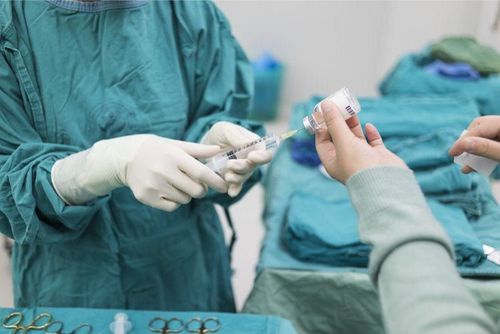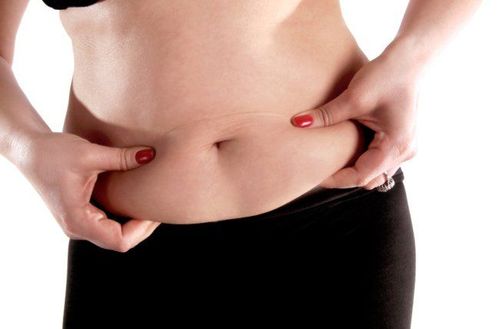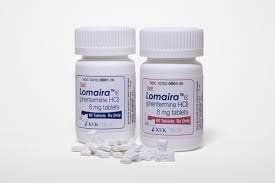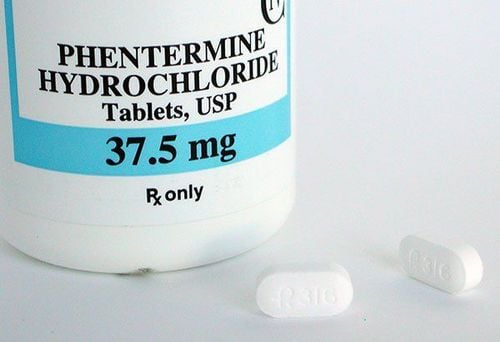This is an automatically translated article.
Abdominal liposuction is an elective cosmetic procedure that carries great risks. This is no substitute for weight loss and is not the right weight loss option for everyone. You need to make sure to see a qualified plastic surgeon and discuss potential complications and risks with them prior to surgery.1. Abdominal liposuction overview
Liposuction is a type of cosmetic surgery that removes excess fat from the body. This is considered a popular plastic surgery option. People get liposuction to improve the shape or contours of their body.Liposuction is applied to remove excess fat in many different body areas such as thighs, hips, buttocks, abdomen, arms, neck or back. Among them, liposuction is the most popular option. Oftentimes, people looking for a tummy tuck have tried diet and exercise but have not been able to get rid of these fat deposits.
It is a fact that liposuction is not a weight loss therapy. This is an invasive procedure with serious risks and possible complications, so it's important to talk to your doctor before you start.
2. How is liposuction performed?
Abdominal liposuction requires anesthesia to numb the abdomen before the procedure begins. The purpose of this step is that you will feel no pain during the liposuction surgery. However, the pain will still return after the procedure is over. Recovery can also be painful.The hospital stay of the abdominal liposuction method varies from case to case. However, many cases should be hospitalized for follow-up after surgery. Some liposuction of other parts of the body can be performed on an outpatient basis without the need for subsequent hospitalization. Unwanted effects such as swelling, bruising, soreness and numbness after liposuction are quite common.
To minimize pain before the procedure, you can try the following:
Talk to your doctor about concerns related to pain Discuss the type of anesthetic that will be used Ask about medicines you can take before the procedure To reduce the feeling of pain after the procedure you should do:
Take all prescribed medications, including pain relievers Wear tight clothing recommended Keep the drain after surgery in place based on your doctor's recommendations Rest and try to relax Get enough fluids by mouth Avoid salt, as this can increase swelling or edema of the wound .

Sau khi hút mỡ bụng, bạn nên hạn chế sử dụng muối để tránh làm phù nề vết thương
3. Should You Have Abdominal Liposuction?
Although knowing the benefits of abdominal liposuction, many people are still worried, is liposuction harmful and is liposuction dangerous? In fact, deciding if liposuction is right for you is not an easy task. Some people are very suitable for liposuction, but in some cases it is not recommended. Talk to your doctor to determine if liposuction is the right option for you. Discuss and present your concerns with them.Suitable people for abdominal liposuction , including the following characteristics:
Not much excess skin Having good skin elasticity Having good muscles Fat accumulation in the abdomen does not disappear with diet or exercise Yes In good physical condition and in good general health Not overweight or obese Do not smoke You should avoid the option of liposuction if you:
Smoke Have chronic medical conditions Have a weak immune system Overweight Yes saggy skin Have a history of diabetes, cardiovascular disease, deep vein thrombosis (DVT) or epilepsy. Taking medications that can increase your risk of bleeding, such as blood thinners

Bạn nên tránh lựa chọn hút mỡ bụng nếu bạn đang hút thuốc lá
4. Is liposuction dangerous?
Despite its growing popularity, liposuction is a serious surgery with many risks. It is important to discuss all the risks of liposuction with your doctor before the procedure. Risks during surgery include:Injury to other abdominal organs Complications of anesthesia Injuries to the skin from equipment, such as ultrasound transducers Nerve damage Shock Death Risks immediately after the procedure include:
Blood clot in the lung Acute pulmonary edema Fatty embolism Infection Hematoma (bleeding under the skin) Serum leak under the skin Edema, swelling of the wound Skin necrosis Reaction with anesthetics and other drugs Other heart and kidney complications Death Risks during recovery include:
Problems with the shape or contours of the body Sagging, wrinkling, rippling or concave, roughness Numbness, bruising, soreness and swelling Infections Imbalance of body fluids Bad scars Skin sensation disorders Change in skin color Slow wound healing
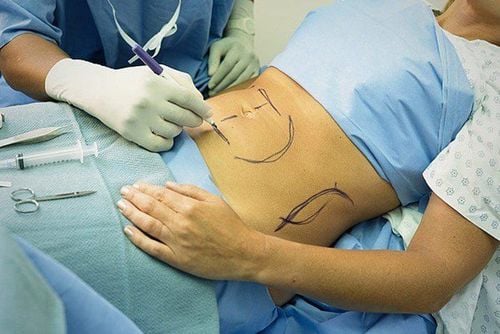
Hút mỡ bụng là phương pháp xâm lấn nên vẫn sẽ tồn tại những rủi ro nguy hiểm
5. What are the long-term side effects of liposuction?
The long-term side effects of liposuction are varied and can vary. Abdominal liposuction permanently removes fat cells from the subcutaneous area of the abdomen. So if you gain weight, fat will still be stored in different parts of the body. New fat can appear deeper under the skin and is dangerous if it is concentrated around abdominal organs such as the liver or heart.Some people have permanent nerve damage and altered sensation in the skin. Others may have dimples in the areas that have been treated or have rough or wavy skin that doesn't go away.
Therefore, deciding whether to have abdominal liposuction or not needs to be consulted by a professional doctor, after a specific assessment of your health status at the present time. Besides, when doing abdominal liposuction, you should choose to perform it at good quality medical facilities to ensure safety and minimize risks.
Refer to the website of Vinmec International General Hospital to have more knowledge about cosmetology and beauty. If there is any problem that needs advice, customers can directly contact the hospital to be discussed by a team of experienced doctors.
Please dial HOTLINE for more information or register for an appointment HERE. Download MyVinmec app to make appointments faster and to manage your bookings easily.
Reference source: mayoclinic.org - healthline.com - medicinenet.com



